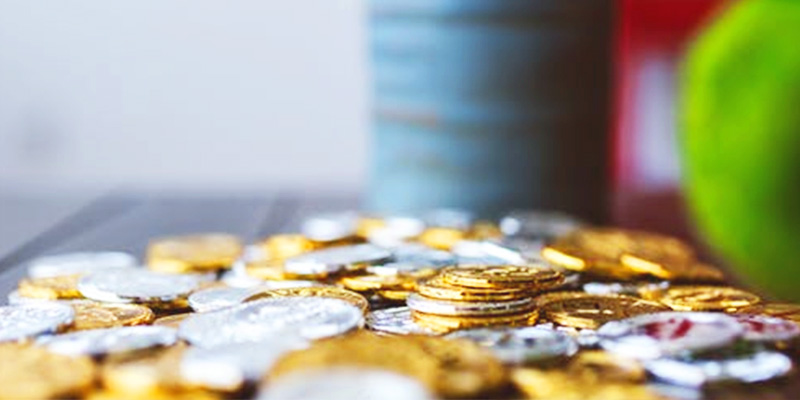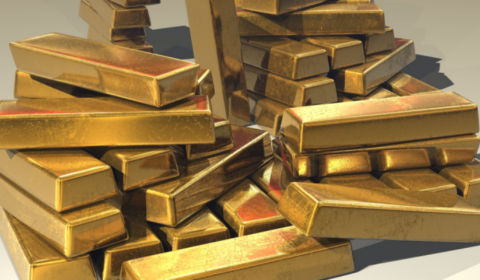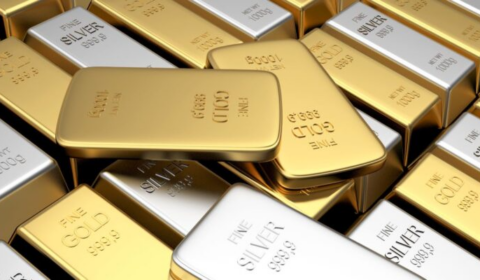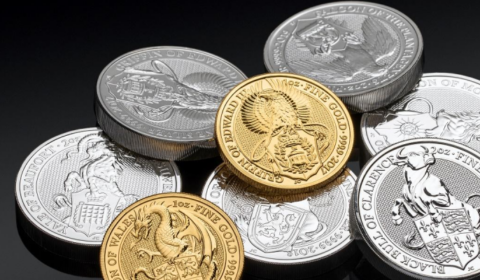The Ultimate Beginner’s Guide To Trading Gold and Silver Futures Contract

Should you hire an experienced professional to help you trade gold and silver futures contracts? Absolutely. Here’s why.
Recently, JP Morgan Chase & Co., a multinational investment bank, had to pay a total of $920 million to settle allegations about their traders practicing spoofing.
Experienced advisors can offer you a comprehensive analysis of market trends and associated risks and strengthen your investment portfolio. But given the market is fraught with counterfeiters and scammers, finding a reliable and competent advisor isn’t easy. Here’s what you need to know when trading gold and silver futures contracts.
What Are Futures Contracts?
These contracts are legally binding agreements for delivering these precious metals at a mutually decided price in the future. Except for the price, everything else from the quantity, quality, time to the place of delivery is standardized in a futures contract. You can leverage your purchasing power with futures without physically holding your gold and silver.
What does this mean? Simply this: you don’t pay any fees for holding futures, and taxes don’t have to be paid in one go. Additionally, you can participate as a speculator in the markets without any physical backing.
Futures can also be used to manage price risk or if you foresee gold or silver being bought or sold. You are either required to accept delivery of your gold or silver — i.e., act as a buyer — or you must make the delivery while acting as a seller. Futures contracts are mostly balanced before the delivery date.
Benefits of Futures Contracts
Trading gold and silver futures contracts will give you the power to trade and manage a product of high value with a small portion of the sum’s worth. You may need significantly less capital than the physical market, owing to a performance margin. If you’re a speculator, this will offer greater risk but also a higher-yielding investment profile.
You will also enjoy financial integrity and more flexibility to trade commodities with futures contracts because they trade at centralized exchanges. These exchanges come with unbiased trades, more business, and quicker buying and selling.
It helps investors adapt because, as a speculator, you can analyze market expectations to take a position, and as a hedger, you can protect your physical position. With exchange services, you can be a buyer acting as a seller or vice versa. In this way, the risk reduces in case either party does not fulfill its responsibilities.
Specific Futures Contracts
Different gold contracts are traded on U.S. exchanges. One at COMEX and two at eCBOT. Mini contracts are exchanged only at eCBOT, and a 100-troy-ounce contract is handed over at both exchanges. Two silver contracts are traded at eCBOT and one at COMEX. Big contracts traded at both exchanges are for 5,000 ounces while mini contracts for 1,000 ounces are dealt at eCBOT.
Compared to other global exchanges, gold futures are traded in high volumes on COMEX with more than 381,000 contracts in a day. The gold market is in operation 24/7, giving access to the entire world at a time most convenient to them. Since gold futures is a worldwide product, it presents high liquidity throughout the day.
Different Investors In The Futures Market
Gold and silver are currently acting more like raw goods than safe haven assets, as demonstrated by losses in the global stock markets. Whether you’re a hedger or speculator in a precious metals futures market, you can reap benefits. For hedgers, the associated risk of negative changes in price taking place in a spot market decreases. Hedgers can range from mines, bank vaults, jewelers, and manufacturers. The market position that hedgers take is opposite to their actual position.
For instance, if you’re fearful about paying higher prices of precious metals, you may use a contract to secure a definite price. If the price of metal goes up, you will incur higher costs for the same. If hedgers took a long position in the futures market, they could’ve made money on the futures contract.
This would counteract the increase in purchasing costs of gold or silver. If the amount paid for silver, as well as futures prices, dropped, their futures position would be lost, but still, fewer costs would be incurred on the spot when buying silver or any other precious metal.
Contrary to hedgers, speculators are not worried about market risk. Rather, they welcome it as an attempt to get returns on it. They range from individual investors to commodity trading advisors (CTAs).
If you’re a speculator, you would know they stay in the market for varying periods, either frequently entering and exiting in one session as scalpers or holding a position longer but not overnight, as a day trader. Either way, as a speculator, you can experience losses if the market decides to move in the opposite direction.
Before employing a precious metals investment dealer, you should know that there is a significant risk involved for all parties. Ask yourself if you’re up for the challenge. Leaving gold and silver futures trading to the experts can help take care of any losses you may incur in a futures market.
Orion Metal Exchange is one of the most reliable gold and silver investment companies. We offer private vault storage and safe home storage for gold and silver bullion bars, and act as your precious metals’ IRA custodians. Contact us at1-800-559-0088 or get your free investor kit now!






